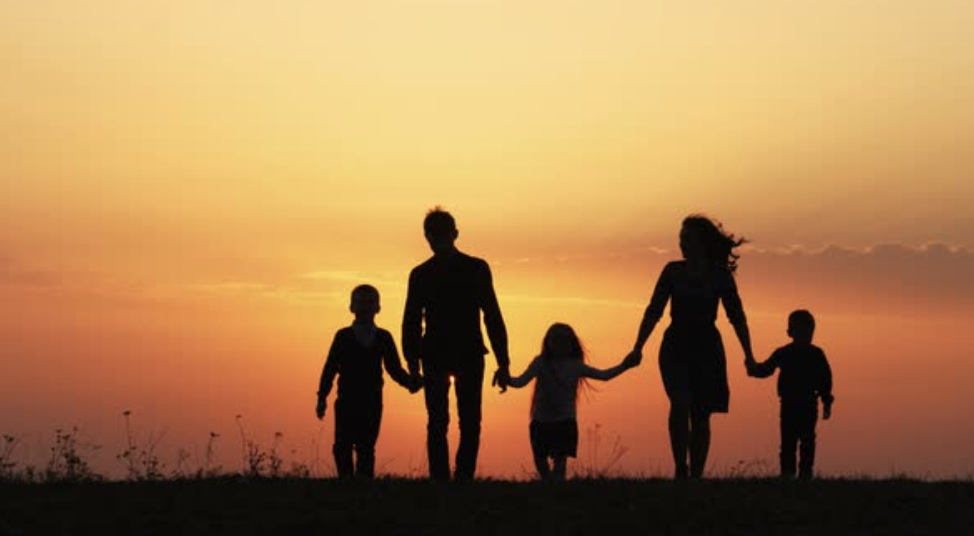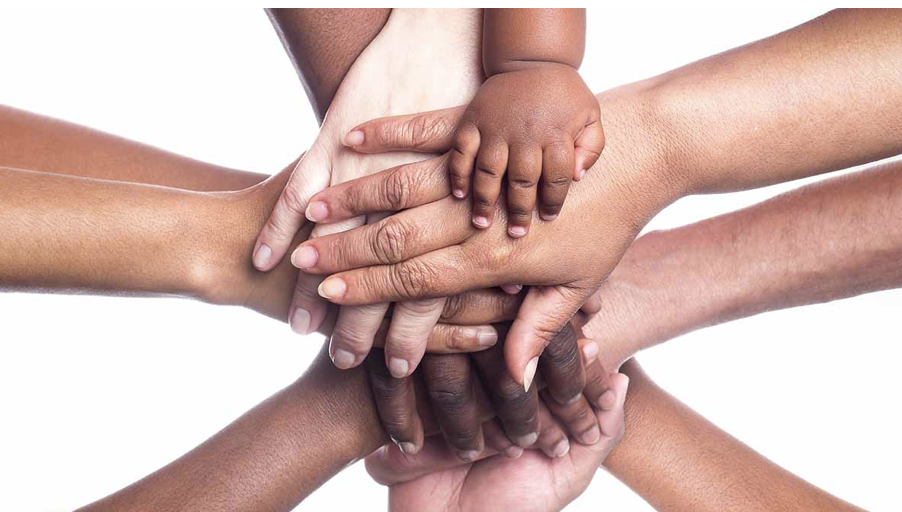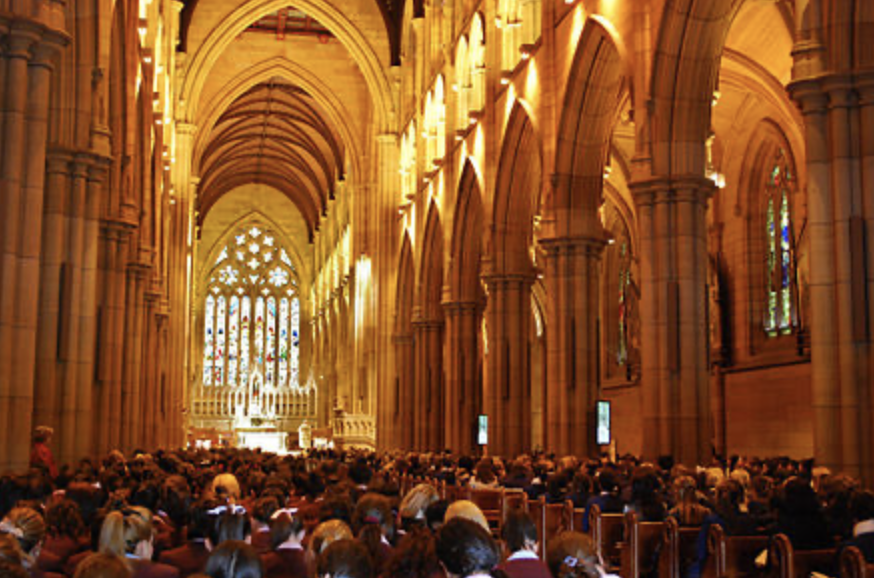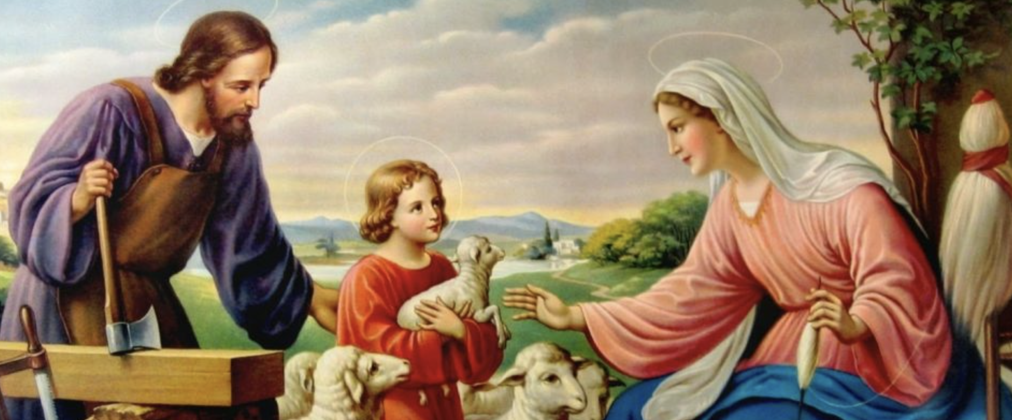
Shortly, we may be able to somewhat resume our normal lives.
There are many who have suffered as a result of Covid 19:
- Those who have died
- Those who have become sick
- Those who carry the effects even after they have “recovered”
- Those who have lost jobs
- Those who are fearful of losing their jobs
- Those who have lost their businesses
- Those who are fearful of losing their businesses
- Those whose study has been disrupted
- Those who have needed surgery, which surgery has been deferred
- Those who have not been able to participate in sport and culture and leisure activities
- Those who have not been able to travel overseas to see their family
- Those who have not been able to travel home
- Those who have not been able to meet up with family and friends
- Those who have not been able to participate in normal activities of ordinary life – baptisms, weddings, funerals, family get-togethers
- Those in developing countries who still do not have access to healthcare and vaccines.
- Those who are anxious and fearful
- Those who are depressed
- Those who are lonely
- Those in suburbs in Sydney and Melbourne who have been treated with contempt
For some, this is little more than inconvenience. For others, this is destructive of human happiness. There are many whose lives have been permanently disrupted by the coronavirus pandemic.
At this time, we must grow in love of God and neighbour. We need to participate in Mass and the sacraments more, not less. Others – our family and friends, our neighbours, our colleagues, those we meet in the course of work, people far and near – need us more, not less. We must not fail them.
There is a loss if we are not attending Mass, participating in the sacraments, contributing to the support of the Church, helping those who are in greater need than ourselves. Participating online is very much second best. We are bodily creatures. We develop and flourish in our personal dealings with others.
For those who stopped going to Mass in 2020 at the beginning of the coronavirus pandemic, it may be difficult to come back. Afterall, many parishes and other institutions have done a fine job of making the Mass available on YouTube. We may have had good reason, given our age, or health, or concern for the good of others. Maybe we were faithful, virtually attending Mass at least each Sunday.

Virtual Participation
So why not just continue attending Mass virtually? Why do we need to return to at least weekly attendance at Mass, and regular participation in the sacraments? Why cannot we simply retire into our room and pray?
Bodily Beings
The short answer is that we are bodily beings who engage with the world around us by the sense of touch, taste, smell, hearing, and sight.
So, to have been at Calvary as Christ died on the Cross, understanding what was taking place, praying with Christ on the Cross, is to have been more present, than by disinterestedly reading about it in a book, or, like the Apostles, skulking off into the distance, rationalising our cowardice by some excuse about saving our own skin.
Relational Beings
We are relational beings. We came into this world through the action of our mother and father. We first related to our mother through touch and taste and smell and hearing and sight. Our mother introduced us to a wider world, initially to our father. We developed and thrived through the nurture of our parents, who encouraged us to toddle around, create havoc, and speak, through language, imbibing both culture and knowledge, relating to others.
Participation
Participating in Mass and the sacraments, through being there with others, is far more real than watching a computer screen. This opens us to conversations and friendships with those who are part of the community. This opens us to the transcendent, as we join with those being reborn in Baptism, children growing up, persons acknowledging their sinfulness, persons being nourished, a man and a woman marrying, sickness and old age. All this is to be human.
The opposite – to simply watch a computer screen – is a diminished form of participation, necessitated in extreme cases and for a brief time only, by the coronavirus.
Body Integral to Being a Person
Because we are bodily, because we relational, churches are places for families, for friends, for communities. That is why the Church has promoted beautiful art and architecture and music – why, for instance, in Andalusia, in the south of Spain, there are fiestas, and people go on pilgrimage, why even in the most humble of churches in Andalusia, there is exquisite, even sensual, art, depicting Christ, the Blessed Virgin Mary, St Joseph, St Peter and St Paul, the saints; why Christian writers such as GK Chesterton, and CS Lewis and JRR Tolkien, are so sensual in their depiction of persons, and of the world.
That is why the Church has strongly insisted that Christ was, not merely God, but a baby, a child, a boy who got lost, a man who laughed, who cried, who was angry, who was sad, who was tired, who lived, who died. That is why Christ, when he performed miracles, often accompanied those miracles by some bodily action. That is why as we grow in the Christian life, we repent of the evil we have done, why we pray, why we do penance, why we give alms, why we forgive others.
That is why a hug or a kiss or a handshake is so much part of being human. That is why we sit down and eat together. That is why we give each other gifts.
That is why in a church there are kneelers, why persons stand or sit or kneel at various times, maintain silence, respond to the prayers, reserve casual conversation for outside the church. That is why lighting a candle before an image of the Blessed Virgin Mary is so expressive of Christian belief. That is why a Christian community will always welcome children, care for the poor, for the sick and disabled, for the aged, for those who have died. That is why a Christian community will have some members who become priests and religious, who give themselves, not in some detached intellectual way, but in every way, as embodied persons.
That is why we stand back for others, why we give up our seat on public transport, why we observe good manners in eating in drinking, in the way we dress, in the way we drive. That is why drinking together with friends in a pub is far better than drinking alone at home. That is why a raging row with one’s spouse, which is soon forgotten, and after which all is forgiven, is far better than moody silence which never forgets, and never forgives. We recognise the body, relating to others, in all sorts of ways, as integral to what it is to be a person.

Centrality of Mass
So, as the danger associated with the pandemic diminishes for some, we ought come back, we ought return to Mass and the sacraments, aware that to live without actual participation in Mass and the sacraments is to lose a sense of the centrality of the Mass and the sacraments in our lives, an understanding of salvation as involving us not only as spiritual, but as bodily beings. Our Lord says: Do this in remembrance of me. As the Catechism reminds us, we carry out this command of the Lord by celebrating the memorial of his sacrifice. In so doing, we offer to the Father what he has himself given us: the gifts of his creation, bread and wine which, by the power of the Holy Spirit, and by the words of Christ, have become the body and blood of Christ.

Marriage
To restrict participation in Mass and the sacraments to a virtual participation is like restricting marriage to a virtual participation. We relate to our spouse bodily. That is why we need to spend time with our spouse. That is why, to live physically apart from our spouse for a long time, is a loss, something to be avoided.
Spending Time With Our Lord
We need to spend time with Our Lord, to get to know him, to confide in him, to develop a friendship with him, to pray the hinges off the tabernacle, to confess our sins and to have them forgiven, to receive Our Lord in the Eucharist, to be one with our brothers and sisters in Christ.
Grandchildren
Each week prior to the recent lockdown, I picked up two of my grandchildren from school, and took them home, often accompanied by my 97-year-old father, the children’s Great-Grandfather. On the way, the children told us what happened at school, we talked about what was happening at home. We sang. We did times tables. We made a lot of noise. We dropped into a Vietnamese cake shop, and, contrary to my daughter’s strict instructions, over all my forceful objections, however false, Great-Grandfather bought all sorts of delectables which we shared with the other younger children in the family when we got home. Sometimes I had a book or other surprise for each of the children. Sometimes the children asked us questions, or commented on our idiosyncrasies. The children helped their Great-Grandfather out of the car, helped him into the cake shop where he engaged in enormous and forbidden largesse, in defiance of, and to the consternation of my ever so sensible daughter. This was great fun, something we all looked forward to. We were building friendships which I hope will last as the children grew older, and become adults, friendships across the generations, memories, experience of how to deal with others, experience of different personalities, different ways of being. We were relieving my daughter of one chore which she otherwise had to do every other school day.
Virtual Life
This is not something which can be done virtually across a computer screen. A virtual life, a virtual friendship, a virtual marriage, a virtual participation in Mass and the sacraments, is but the semblance of life, a sham. More is required.
Let Us Come Back
We need to attend Mass, to participate in the Mass as part of a community –thanking God, praising God, adoring God, petitioning God, our Father, and his Son Jesus Christ, and the Holy Spirit.
As we approach Christmas, if we have been away from the Lord, let us come back, down on our knees, praying before the Crib, with our spouse, with our children, our grandchildren, with our friends.
Michael McAuley
15 October 2021
